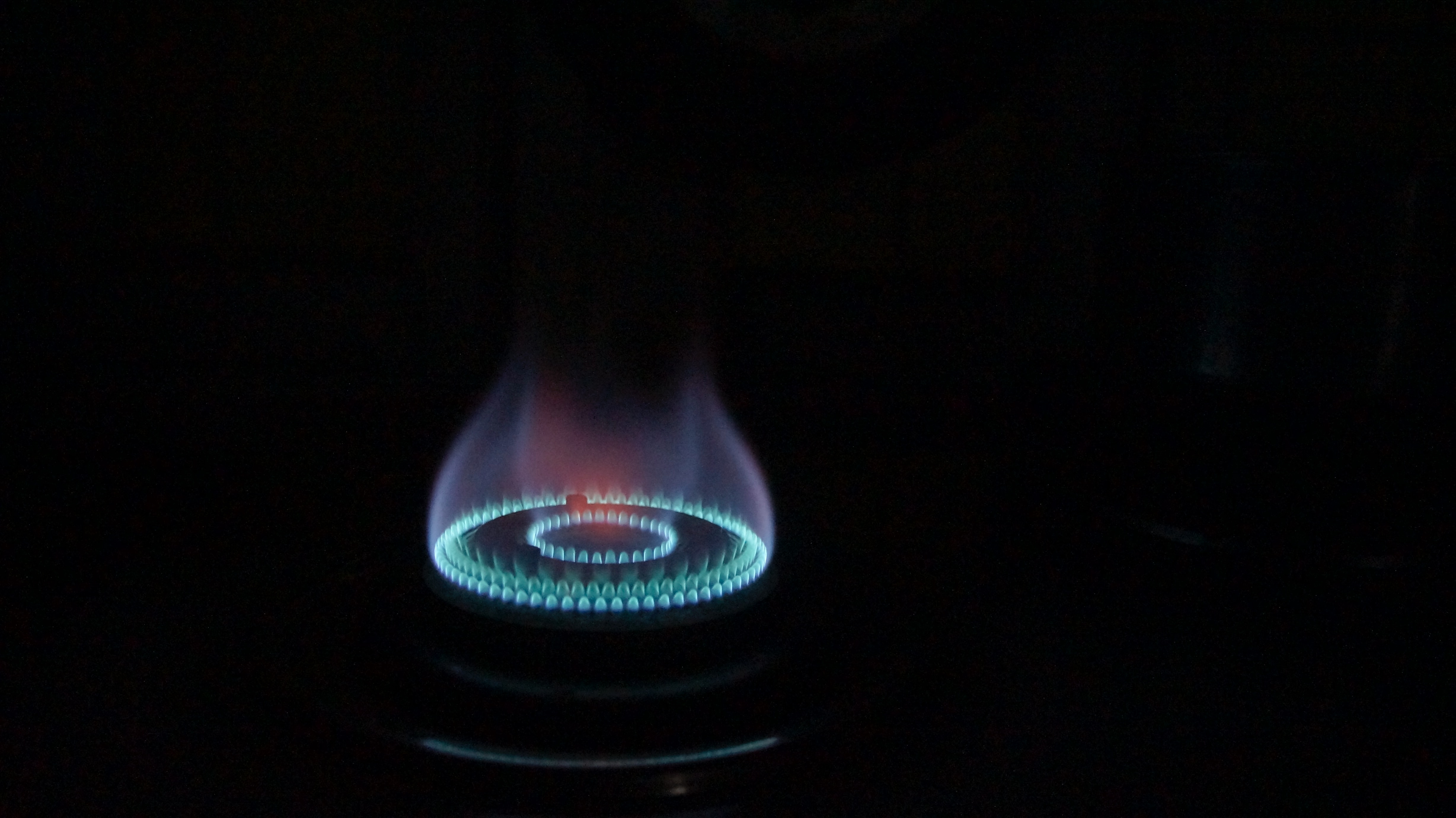The uncertainty over natural gas production in Australia has troubled the world since the beginning of August. After a month of unsuccessful negotiations between the management of Woodside and the Australian subsidiary of US-based Cehvron and their employees, the worst happened - Australian miners went on strike. The world had to do without roughly seven per cent of the global supply of LNG.
Australian liquefied natural gas (LNG) usually heads to Asian customers. When these supplies were disrupted, major Asian economies have had to source gas from other parts of the world. Countries such as China and Japan have began to buy the commodity from same locations as many European countries.
It soon affected prices of natural gas in Europe, yet not as greatly as had been expected. The European market experienced volatility instead of dramatic price increase. The price of natural gas had already risen during June, from around USD 2.1 to USD 2.8 per gigajoule, while the price was mostly between USD 2,4 a 2,9 per gigajoule during summer. After the end of the Australian miners' strike, the price dropped slightly, but did not return to the levels last seen in early June. Currently, natural gas is even more expensive on global markets ($2.95 per gigajoule) than it was at the beginning of August, when the situation around the Australian miners escalated.*
The data shows that the end of the strike on Australian gas fields did not have a major impact on the price of LNG on global markets. The economy is more driven by longer-term trends, in particular demand in the world's major economic centres. According to an analysis by Fitch Ratings, for example, demand for natural gas in the European Union has been declining over the past two years (data for the first quarter of 2023). While in the first six months of 2021, the European Union consumed more than 220 billion cubic feet of gas, last year's first half was only about 200 billion, and this year it is even less than 180 billion cubic feet. In two years, the EU's gas consumption has therefore fallen by around one fifth.
This year's progress largely depends on how European Union countries managed to keep their gas storage tanks filled. During the year, storage capacity appears to have followed the upper end of the range in which it has been in recent years. At the end of August, EU gas storage facilities were approximately 90 per cent full. The amount represented less than 80 percent what is below the long-term average.
The production in the United States and the global export of this commodity are important aspects to the global LNG market. For the first half of 2023, U.S. LNG export increased four percent year-over-year to a volume of 11.6 billion cubic feet per day. Australia remained at "its" average of 10.6 billion cubic feet per day, with Qatar taking the imaginary third place with 10.4 billion cubic feet per day.
The United States of America had exported about 136 times more gas in the past two years than back in 2015. The US might be willing to supply as much gas to the global market as Europe will be willing to buy. To sum up, the strike by Australian producers was only a small episode, but did not have a major impact on the amount of natural gas on the global market.
-------
* Past data is not a guarantee of future returns.
Warning! This marketing material is not and should not be considered investment advice. Past performance is not a guarantee of future returns. Investing in foreign currency may affect returns due to fluctuations. All securities transactions may result in gains and losses. Forward-looking statements represent assumptions and current expectations that may not be accurate or are based on the current economic environment, which may change. These statements are not guarantees of future performance. CAPITAL MARKETS, o.c.p., a.s. is an entity regulated by the National Bank of Slovakia.
 Polish
Polish
 English
English
 Slovak
Slovak
 Czech
Czech
 Hungarian
Hungarian
 Italian
Italian





